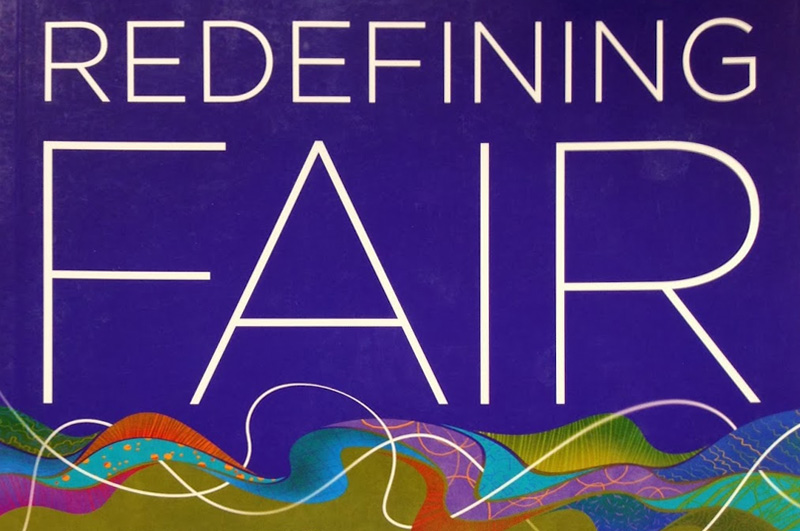In my twenty-five years of teaching, I have learned a few things about students: their natural ability is not a substitute for grit; for all their bravado, they are still kids and need adults who care about them; and they will rally together if teachers don’t treat them fairly. I’ve also come to see that many teachers excelled at the mechanics of school when they were students: behaving well in groups, underlining dates and titles, handing all assignments in on time, and treading carefully, knowing that one bad grade could ruin their mark for the course. Which brings us to a current dilemma in education: How should the changes in educational philosophy and psychology be reflected in our classrooms?
In his book Redefining Fair, Damian Cooper explores some of the mythology that exists in current educational practices and he suggests an alternative approach that provides equal opportunity for success for all students. It’s not throwing standards out the door, nor is it an “anything goes, everyone passes” pendulum swing in pedagogy. It’s based on what everyone wants, which is to be treated fairly, respectfully, and measured against clearly defined, criterion-referenced objectives.
If you hear yourself saying, “But wait till they get to work/college/university; they’ll never be prepared,” please read this book. Whether you teach science, history, PE, literature, or math, whether you are at the elementary or high school level, you will find that there is something here for everyone. Redefining Fair is filled with examples, both from Cooper’s own teaching, which lends credibility to the book, and from classrooms across the United States and Canada, at all age and ability levels. His message to me, both in his book and in a workshop I attended, is that things can be different; we don’t need to settle for a system based on bell curves, standardized tests, and “some kids just don’t belong in this class.” Instead, he sets out a very clear and very fair approach to teaching, which includes:
- Nobody gets to fail this class; everyone will learn the essential concepts.
- Grades may be good for university, but they ruin learning for both strong and weak students.
- Students are engaged when the material is relevant and the teacher is passionate about the subject.
- Feedback to students and parents needs to be both helpful and hopeful.
And what does this look like in the classroom?
